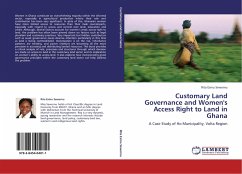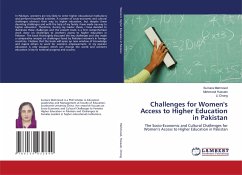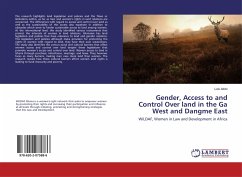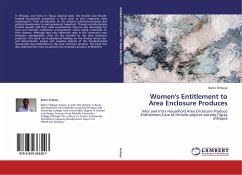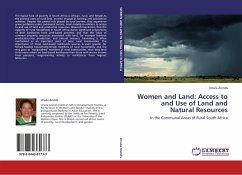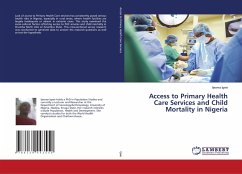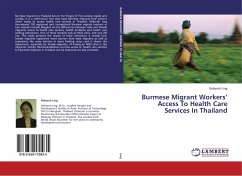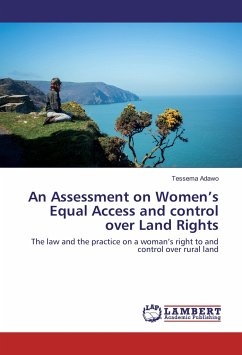Women in Ghana constitute an overwhelming majority within the informal sector, especially in agricultural production where their role and contribution has been very significant. In spite of this, Ghanaian women have more limited access to resources than their male counterparts, especially with regard to access and control over land, education and credit.Although, several factors account for women s weak access right to land, the problem has often been pinned down on factors such as legal pluralism and customary practices. Very important but hidden contributors such as weak governance issues deserve attention particularly in this time as land is being commoditized, monetization is on the rise, inheritance patterns are twisting, and power relations are becoming all the more pervasive in accessing and distributing landed resources. This book provides a critical analysis of rule, processes and structures through which decision are made on access to land in the customary land sector and its implication on women s ability to access land. It also explores how incorporating good governance principles within the customary land sector can help address the problem.

